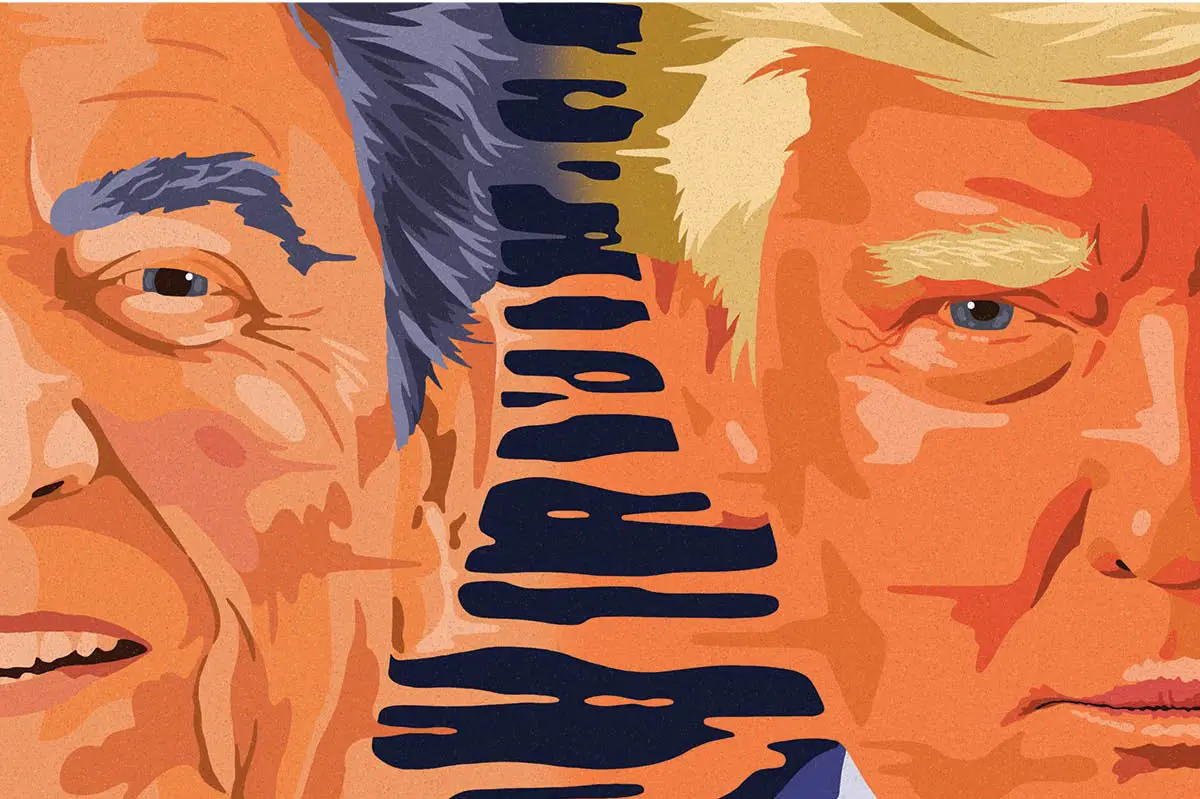“Today, the rebuilding of Argentina begins,” Javier Milei declared in his first speech as the new president-elect. The anarcho-capitalist is wasting no time in his mission.
Milei has already pulled the plug on what was set to be current president Fernandez’s career-defining achievement: Argentina’s historic admittance to Brics (a loose alliance of economies led by Brazil, Russia, India and China). Argentina’s new leader intends instead to swivel westwards, prioritizing trade and relations with “the liberal democracies of the world,” while casting a backwards glance at China.
Is Milei right to reorient Argentina, or is he biting the hand that feeds him? Beijing has declared it a “grave error” if Argentina opts to burn bridges. China has certainly been generous to Argentina, as its second-largest trading partner. During a time where Argentina owes the IMF huge sums of dollars, but is running in deficit of dollar reserves, China has happily gone above and beyond in currency swaps and loans. China is also Argentina’s main export destination for agricultural products, encompassing corn, soybeans and the renowned beef. Indeed, Argentina ships off imports in such gigantic quantities that half the central bank’s assets are denominated in CN¥ (yuan renminbi). China also granted Argentina a place on its Belt and Road Initiative — a centerpiece president Xi Jinping’s foreign policy involving investing in 150 countries.
Yet China’s motivation is not kindness. Beijing has said that it is Argentina’s “economic complementarity” that gives “great potential for cooperation.” The euphemism hides the reality that China is hungry for Argentina’s bountiful minerals — not least lithium, a fifth of the global supplies of which are thought to be in Argentina. Just as it is doing in Africa, China has been eyeing up the heaps of lithium waiting to be exploited, as a global shortage looms. By the end of 2025, China is expected to control a third of the world’s lithium, which it refines for use in batteries, which will become more critical as the world gets greener.
China even convinced Argentina to allow the controversial construction of a Chinese military-run space station hidden amongst the mountains of Argentina’s Patagonia region. The activities carried out in the leased zone are guarded even from Argentina, with the cooperation agreement forbidding Argentina from interfering with or interrupting the mysterious activities carried out. Naturally, its black box nature has attracted conspiracy theories.
The next step to tighten China’s grip on Argentina was to recruit it into Brics. The member nations are an interesting cocktail; Brics can be thought of as an awkward birthday party where none of the guests particularly click. In August, Brics invited six nations to join: Argentina, Saudi Arabia, Iran, Ethiopia, Egypt and the United Arab Emirates. Needless to say, some new invitees are further from Milei’s “liberal democracy” ideal than others, with the next summit being scheduled to be held in Russia. But now, it seems, Argentina under Milei wants no part.
Argentina has never before tangoed with libertarianism, and yet even the first week Milei has begun to overturn deep-set foreign relations in an attempt to launch Argentina on a westbound trajectory. The arrival of this anarcho-capitalist is emerging as a historical turning point. Even if “madman” Milei is not the one to rescue Argentina from the grips of the third-worst inflation rate globally, one thing’s for certain: he has shaken things up, and China is likely to be furious.
While the soon-to-be president is in a hurry to fulfill his grand promises, his ambitions to swiftly diversify trade relations may not be swift enough to offset a mighty downfall from CN¥ withdrawal. Milei must carefully manage the transition to avoid a potential economic collapse after years of deep reliance on China.
This article was originally published on The Spectator’s UK website.























